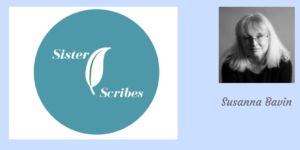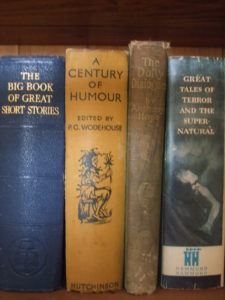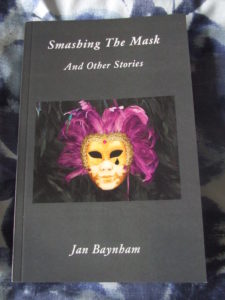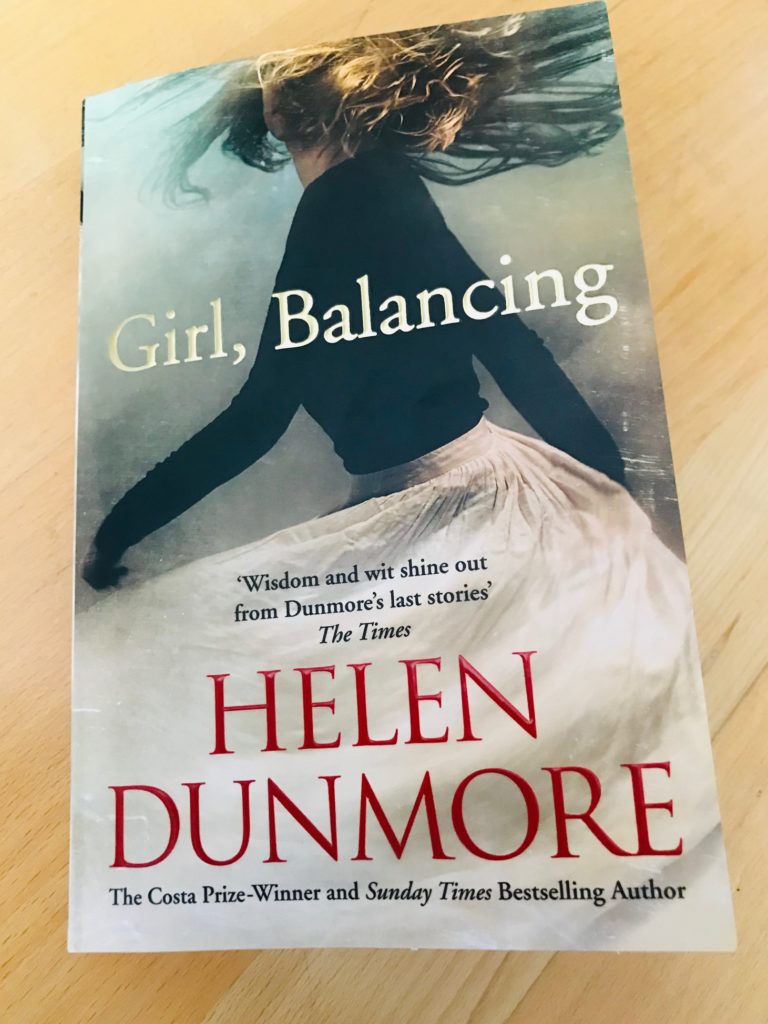 ‘Under the Spreading Oak’ is a story that’s been in my head for a while, just waiting to be told. Then earlier this year Blue Poppy Publishing ran a short story competition – calling for Devon writers and a Devon based theme – and I found a fit. Quite simply, it was a joy to write. Set in Powderham Castle’s beautiful deer park, it’s told from the perspective of an ancient oak. A descriptive piece, it depicts life in the deer park, the change of seasons and some of the people who have taken shelter under its spreading boughs.
‘Under the Spreading Oak’ is a story that’s been in my head for a while, just waiting to be told. Then earlier this year Blue Poppy Publishing ran a short story competition – calling for Devon writers and a Devon based theme – and I found a fit. Quite simply, it was a joy to write. Set in Powderham Castle’s beautiful deer park, it’s told from the perspective of an ancient oak. A descriptive piece, it depicts life in the deer park, the change of seasons and some of the people who have taken shelter under its spreading boughs.
The story is – well, a story, though the place is real enough. I was lucky enough to grow up in the estuary village of Starcross, not far from Powderham. In my mind’s eye, while penning the story, I was revisiting childhood walks through the deer park with my beloved Nan. Stories do that to you sometimes, don’t they, trigger nostalgic memories. This one certainly did for me!
I’ve walked through the deer park as a teenager, too, when – like other local youngsters – I had school summer holiday jobs at the Castle tea rooms. The path was more of a track then, still a public right of way, but not opened up for ramblers as it is now. There must have been rainy days, of course, but all I remember is sunlight dancing through a canopy of leaves and a chorus of birdsong. The old gatekeeper’s cottage is gone; in its place is a café and farm shop.
The best ideas come when I’m out and about. Nature never fails to inspire, and I’ve always been enchanted by ancient trees and the stories they could tell, if only they could speak – imagine the history witnessed under their silent watch! And, mighty and majestic, there is something special about the undisputed king of the forest.
 Here’s an extract from the opening paragraph of ‘Under the Spreading Oak.’
Here’s an extract from the opening paragraph of ‘Under the Spreading Oak.’
“The last vestiges of night cloak the woods in shadow. No sound, save for the tramp of boots as the gamekeeper makes his pre-dawn round, checking on the pheasants in their pens. Its hunt disturbed, a fox slinks by, picking up a new scent as the rabbit it almost had slinks into a burrow.”
The icing on the cake: not only did my story ‘Under the Spreading Oak’ do well in the competition I’m delighted to say that it was included in an anthology and published by N. Devon based Blue Poppy Publishing this summer. It’s a little gem of a book, titled: ‘The Cream of Devon, An Anthology of Short Stories From the County that Rhymes with Heaven.’
Now I will let my story speak again:
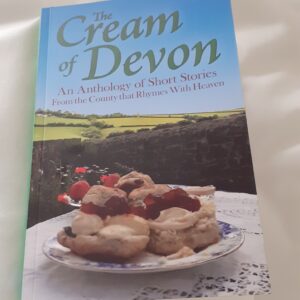 “A May morning like any other. My branches reach up to the cerulean sky. There’s a shimmer of mist over the Exe now. Here in the Powderham deer park, set in deepest Devon, the seasons come and go like an eternal wheel. I’m one of the forest giants, standing sentinel and watching the days unfurl. I’ve lost count of the springs I’ve seen as the cold earth warms and a carpet of bluebells spreads out on the woodland floor. All life is played out here.”
“A May morning like any other. My branches reach up to the cerulean sky. There’s a shimmer of mist over the Exe now. Here in the Powderham deer park, set in deepest Devon, the seasons come and go like an eternal wheel. I’m one of the forest giants, standing sentinel and watching the days unfurl. I’ve lost count of the springs I’ve seen as the cold earth warms and a carpet of bluebells spreads out on the woodland floor. All life is played out here.”
I also write novels as Kathryn Haydon, the pen name chosen as a nod to my mum. She would have been thrilled to know about my Powderham themed story!
Below is a link to my Facebook Author Page, for those who would like to take a peep. You’ll find me there as Kathryn Haydon.
https://www.facebook.com/flickypenpot
Warm wishes and happy reading.



